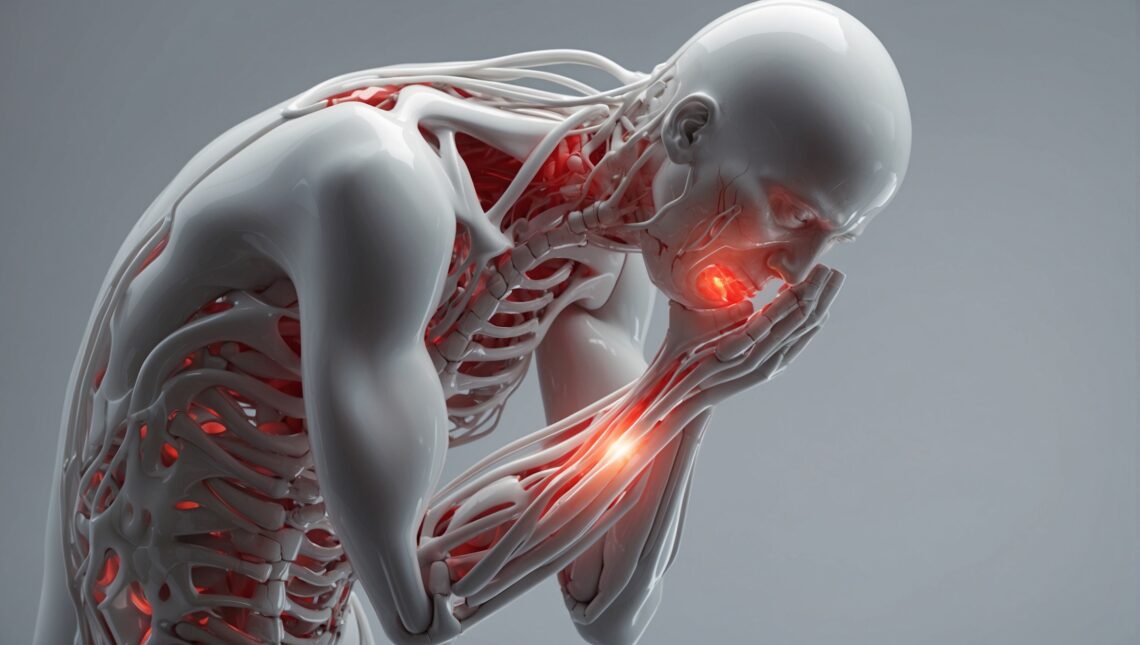
National Pain Awareness Week
National Pain Awareness Week in Canada, which spans from November 5th to 11th, serves as a poignant reminder of the pervasive issue of pain in our society. This week is dedicated to raising awareness about the various types of pain, their impact on individuals, and the importance of effective pain management strategies.
Pain, a complex and subjective experience, affects a multitude of Canadians, influencing their quality of life, ability to work, and social relationships. It is broadly categorized into three common types: Acute pain, chronic pain, and neuropathic pain.
Acute pain acts as an alarm, indicating potential or actual tissue damage. It is often a sharp sensation – for instance, the pain felt from a cut or broken bone. This type of pain typically subsides as the injury heals.
Chronic pain, on the other hand, persists beyond the expected period of healing. Conditions such as arthritis, back pain, and migraines are prime examples of chronic pain, which may persist for months or even years. Unlike acute pain, it’s not just about physical sensations; chronic pain can lead to significant psychological and emotional distress.
Neuropathic pain arises from damage to the nervous system itself, leading to pain signals being sent to the brain inappropriately. It is often described as a burning or shooting pain, commonly associated with diseases like diabetes or as a result of trauma.
The impact of chronic pain extends beyond the physical symptoms. Research indicates that individuals with chronic pain are twice as likely to suffer from anxiety and depression. This is attributed to the constant strain of living with persistent discomfort, which can lead to feelings of hopelessness and helplessness, thereby exacerbating mental health issues. The interplay between chronic pain and mental health is complex. Pain can be both a cause and a consequence of mental health conditions. The stress from chronic pain can trigger anxiety and depression, while these mental health issues can, in turn, increase the perception of pain, creating a vicious cycle.
During National Pain Awareness Week, healthcare professionals across Canada engage in activities to educate the public about pain management and the importance of addressing both the physical and mental health components of pain. It’s a time to acknowledge the struggle of those living with pain and to reinforce the message that no one should suffer in silence.
Effective pain management often requires a multifaceted approach. This may include medication, physical therapy, psychological support, and lifestyle modifications. Pain clinics and specialized services offer interdisciplinary care that focuses on the whole person, not just the pain itself. For those living with pain, there are steps that can be taken to manage their condition. It’s crucial to maintain open communication with healthcare providers about the pain and its effects on one’s life. Additionally, engaging in gentle exercise, mindfulness practices, and seeking support from peers or professional counselors can provide relief.
National Pain Awareness Week is an opportunity to shine a light on the silent epidemic of pain. It’s a call to action for individuals, healthcare professionals, and policymakers to work together to improve the lives of those affected by pain in Canada. By raising awareness and understanding, we can foster a more compassionate society that actively works towards alleviating pain and its associated burdens.
Explore a wealth of resources and gain deeper insight into pain management by visiting paincanada.ca. Here, you’ll discover a rich repository of information that can guide you through understanding pain, its effects, and the various strategies for coping and treatment.

